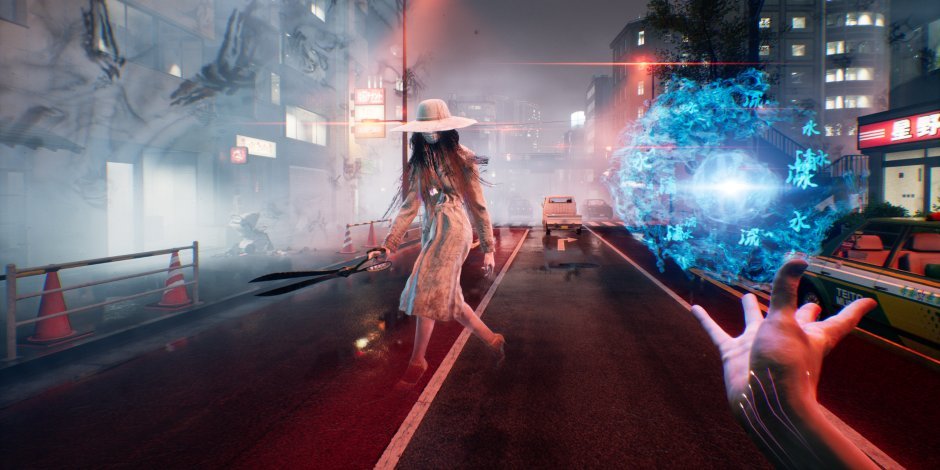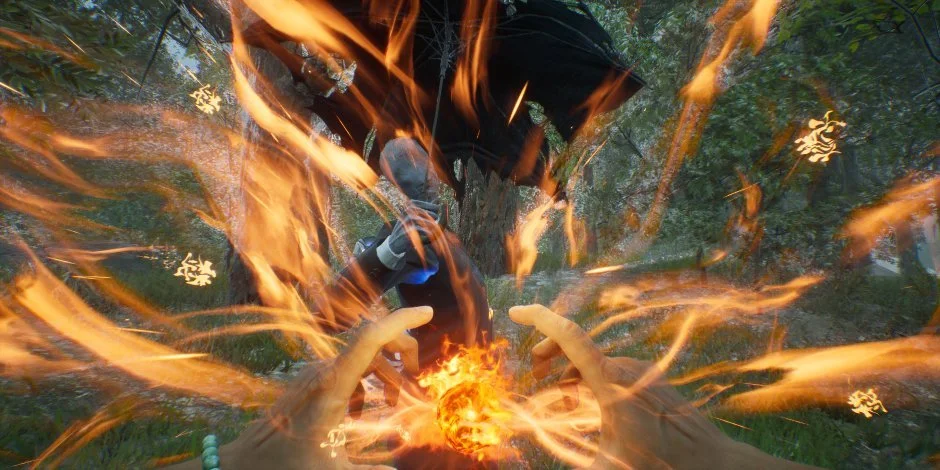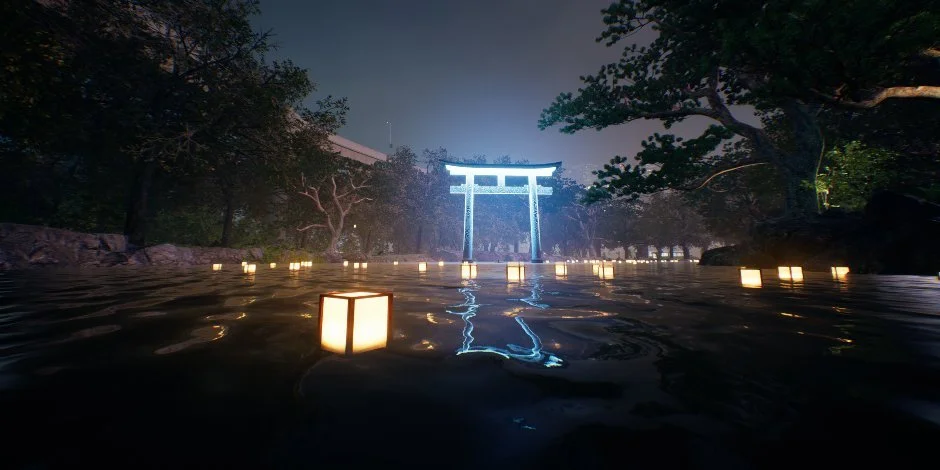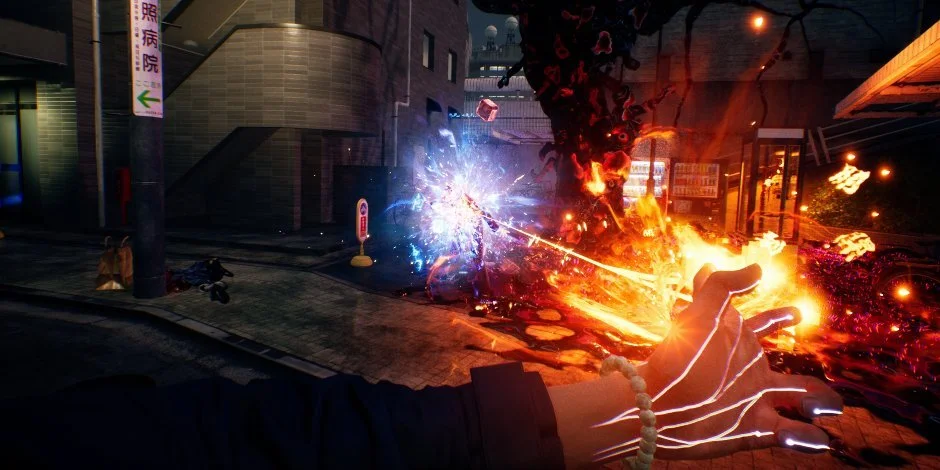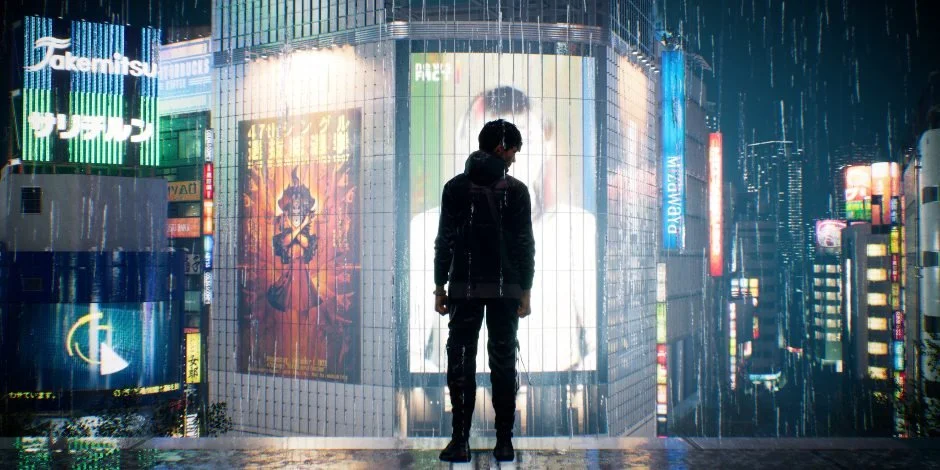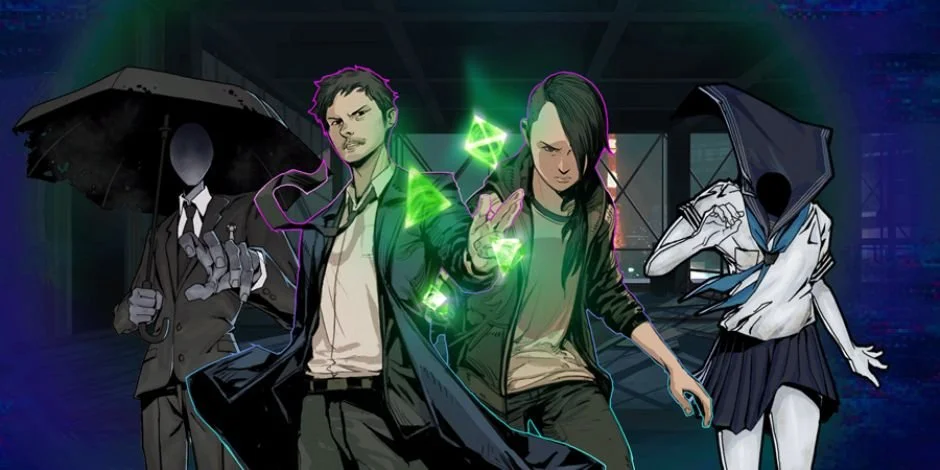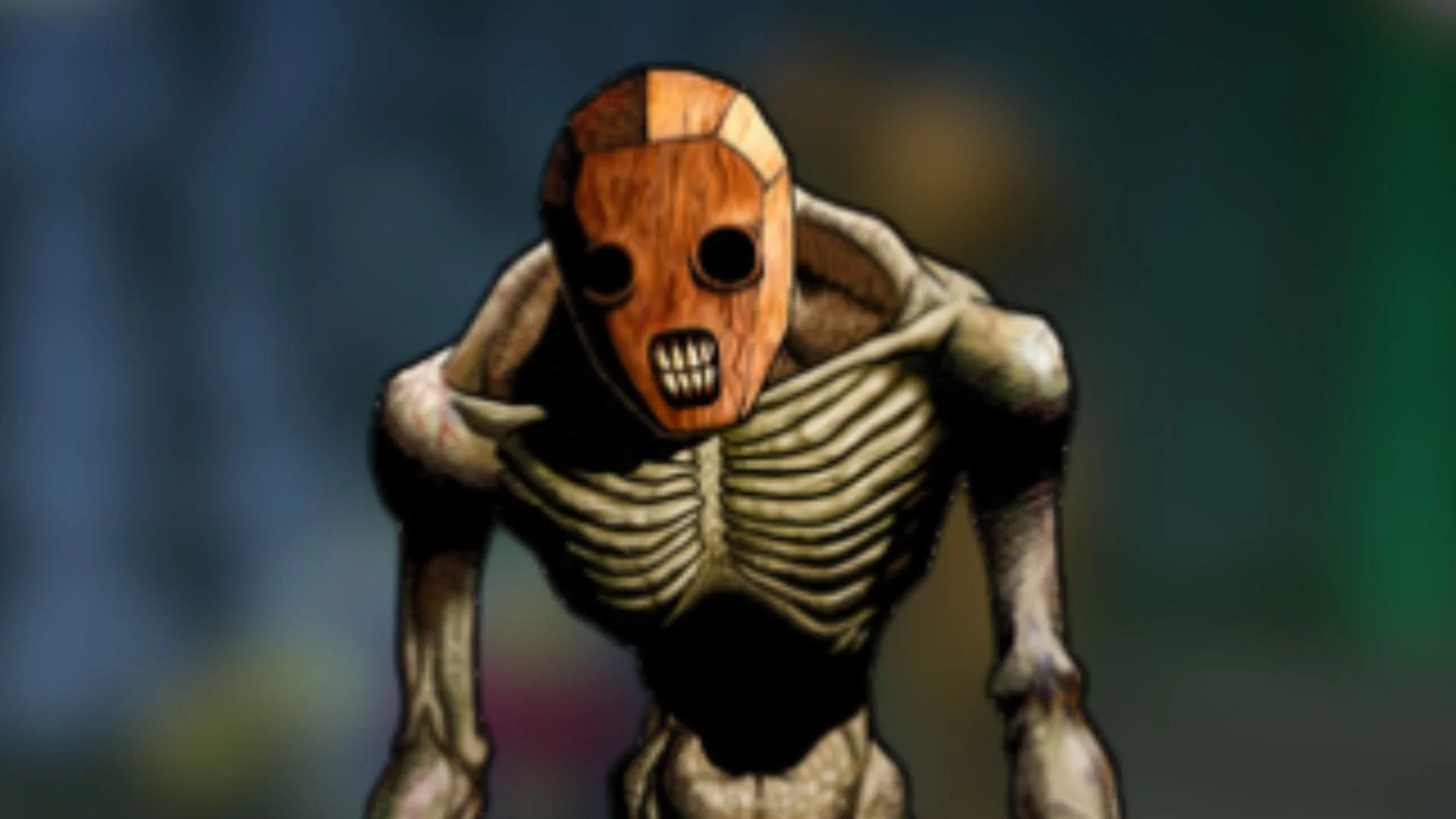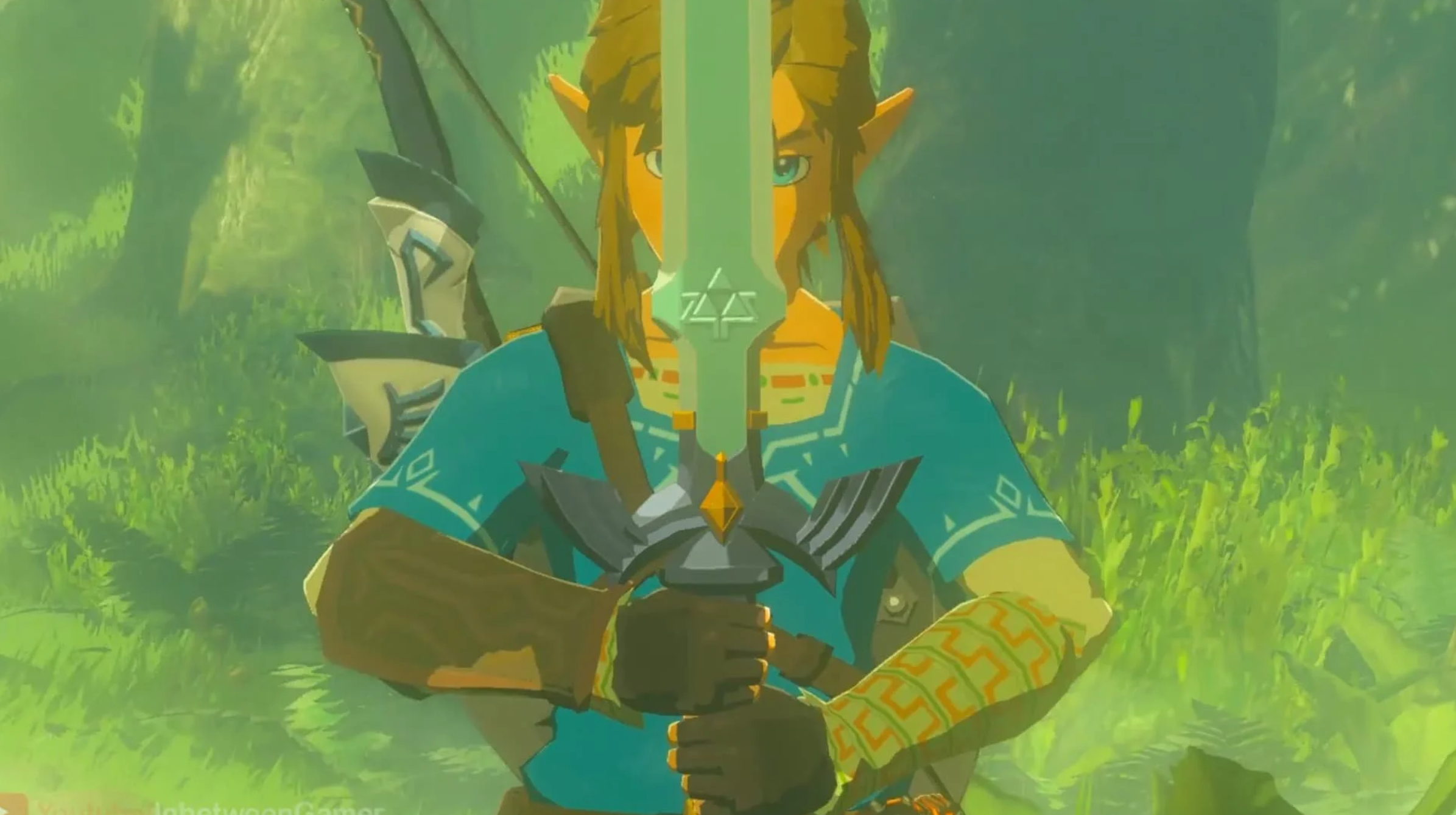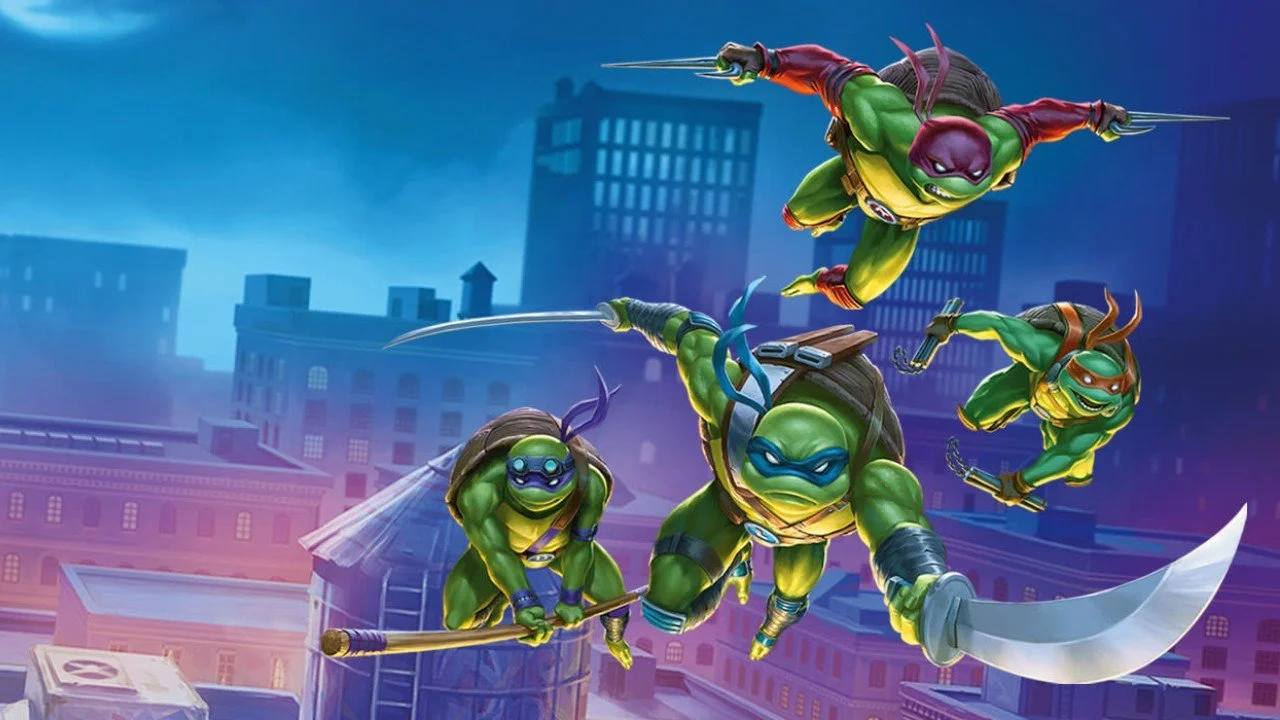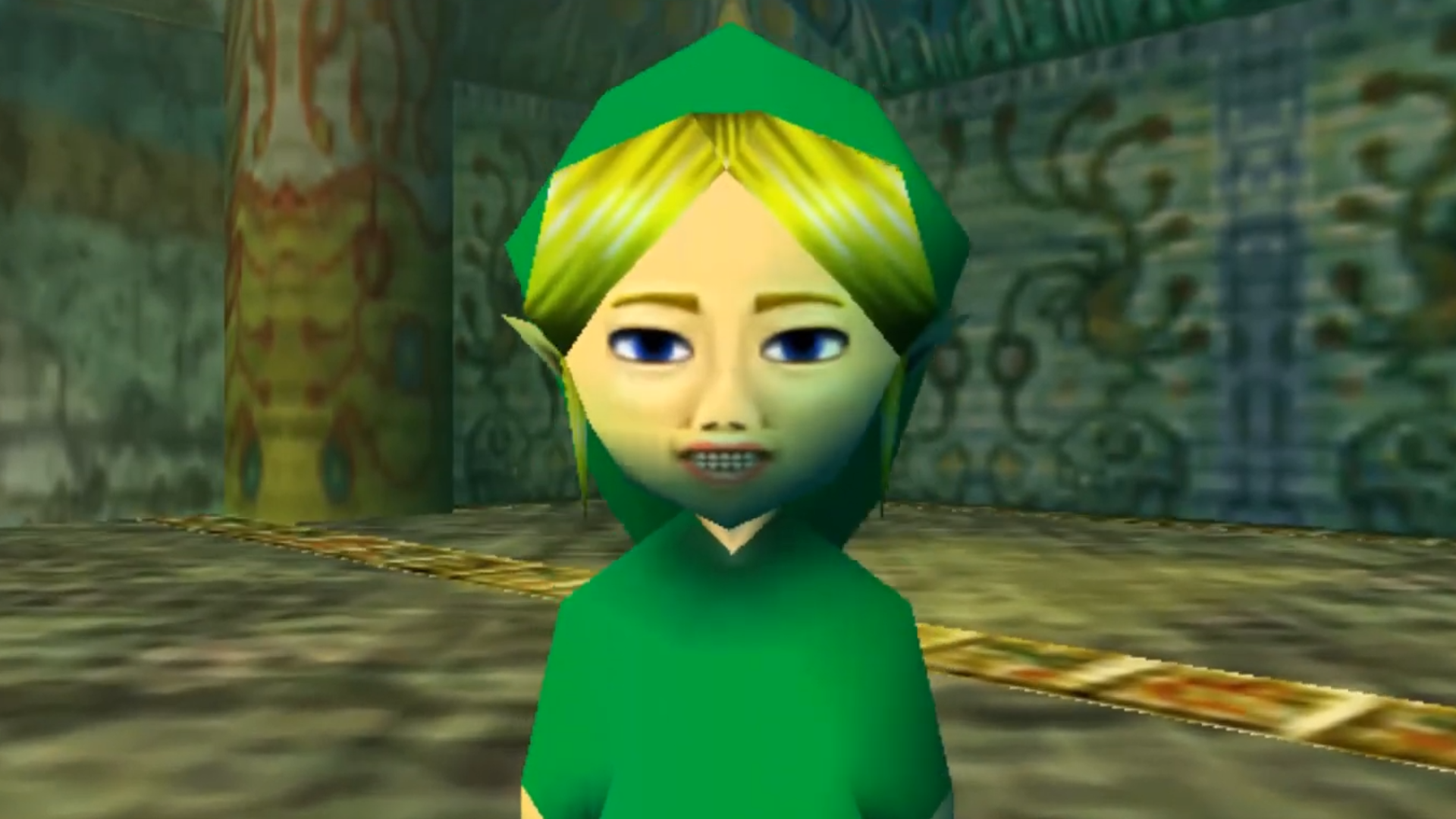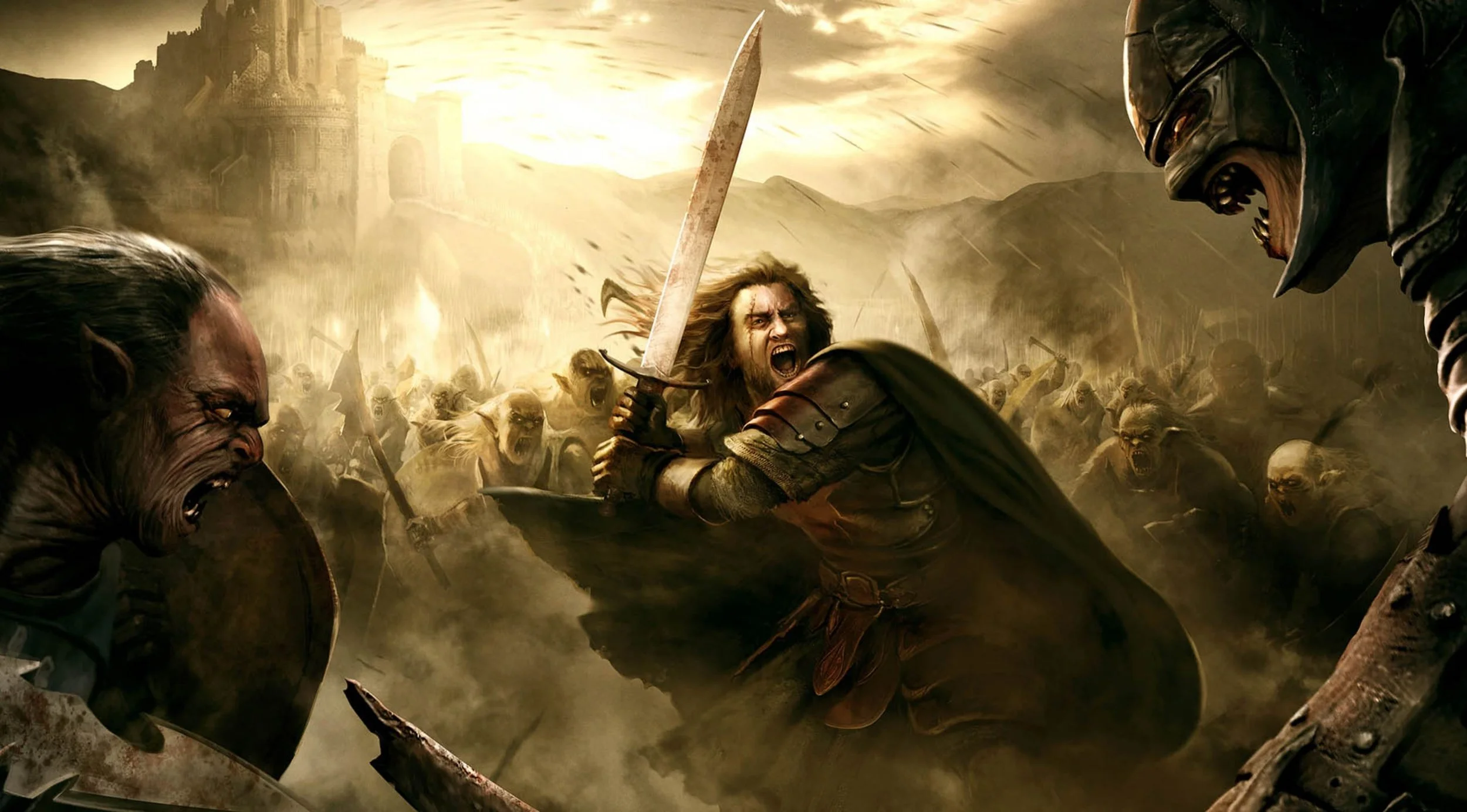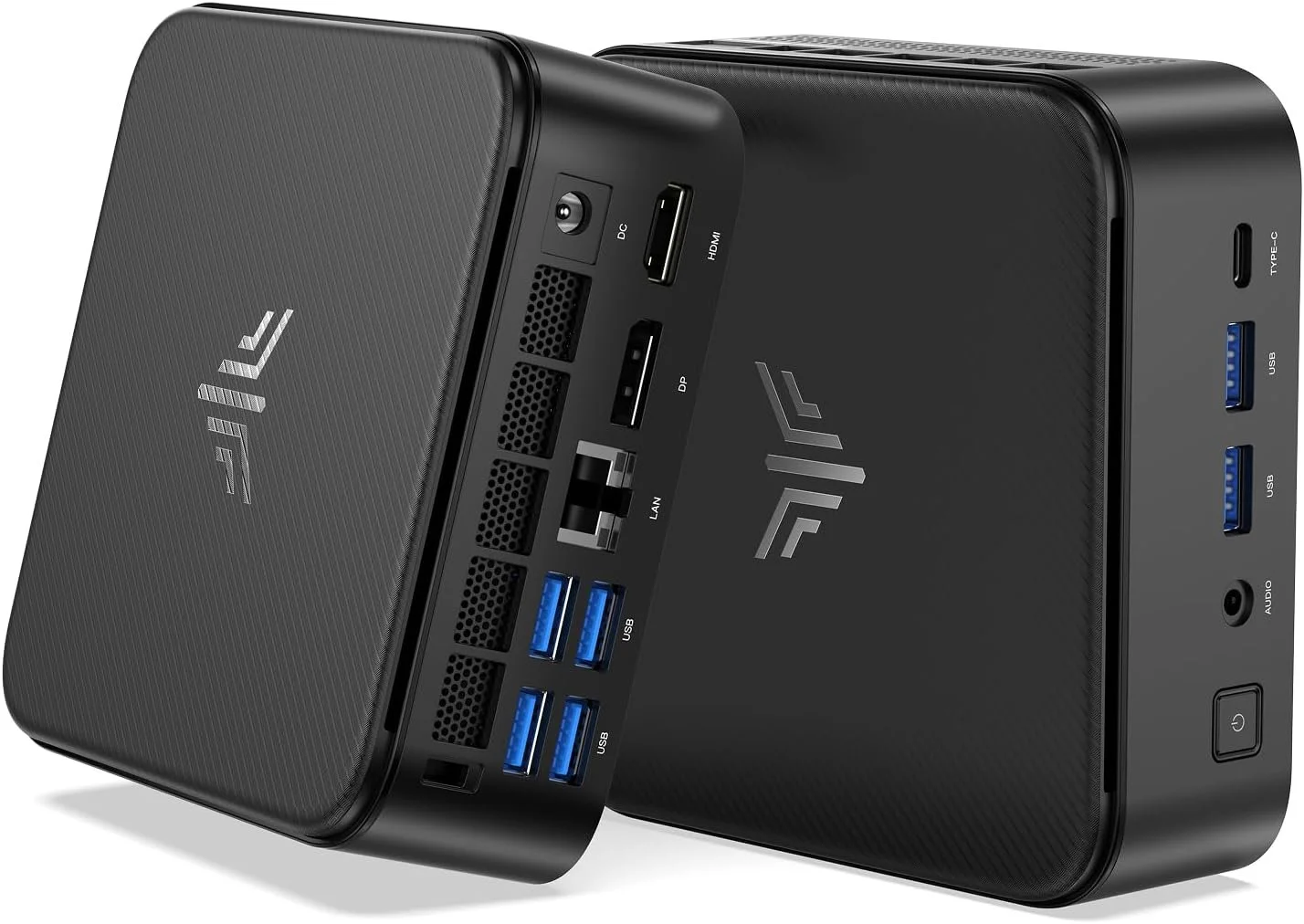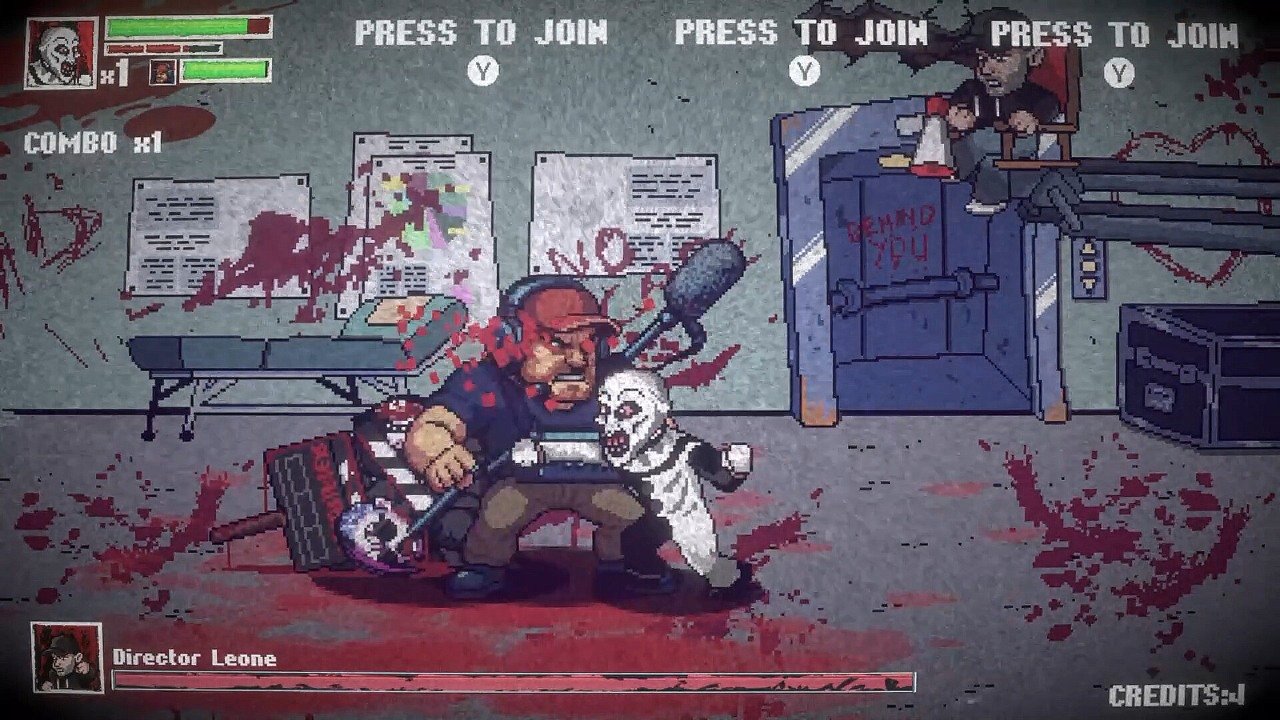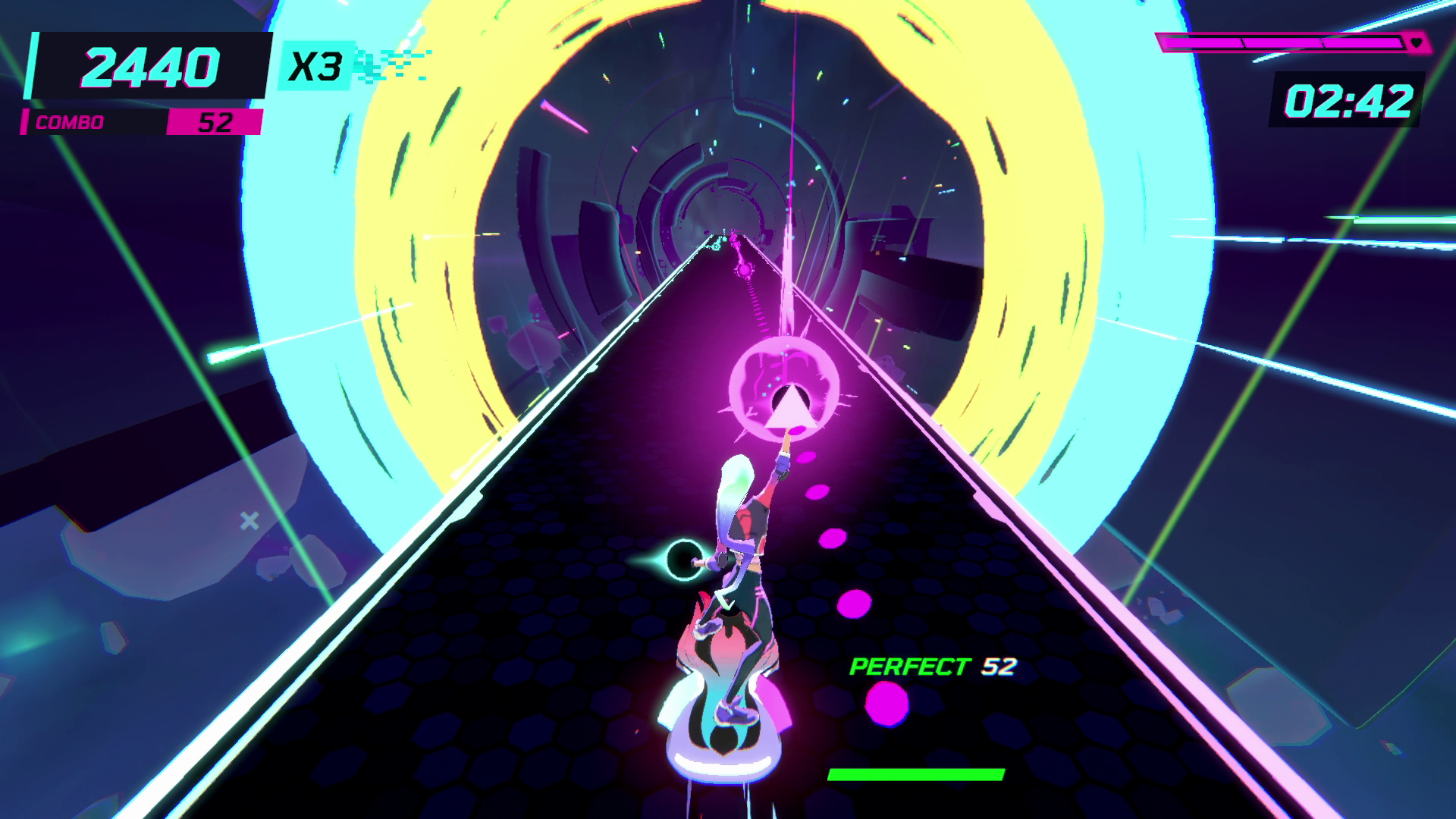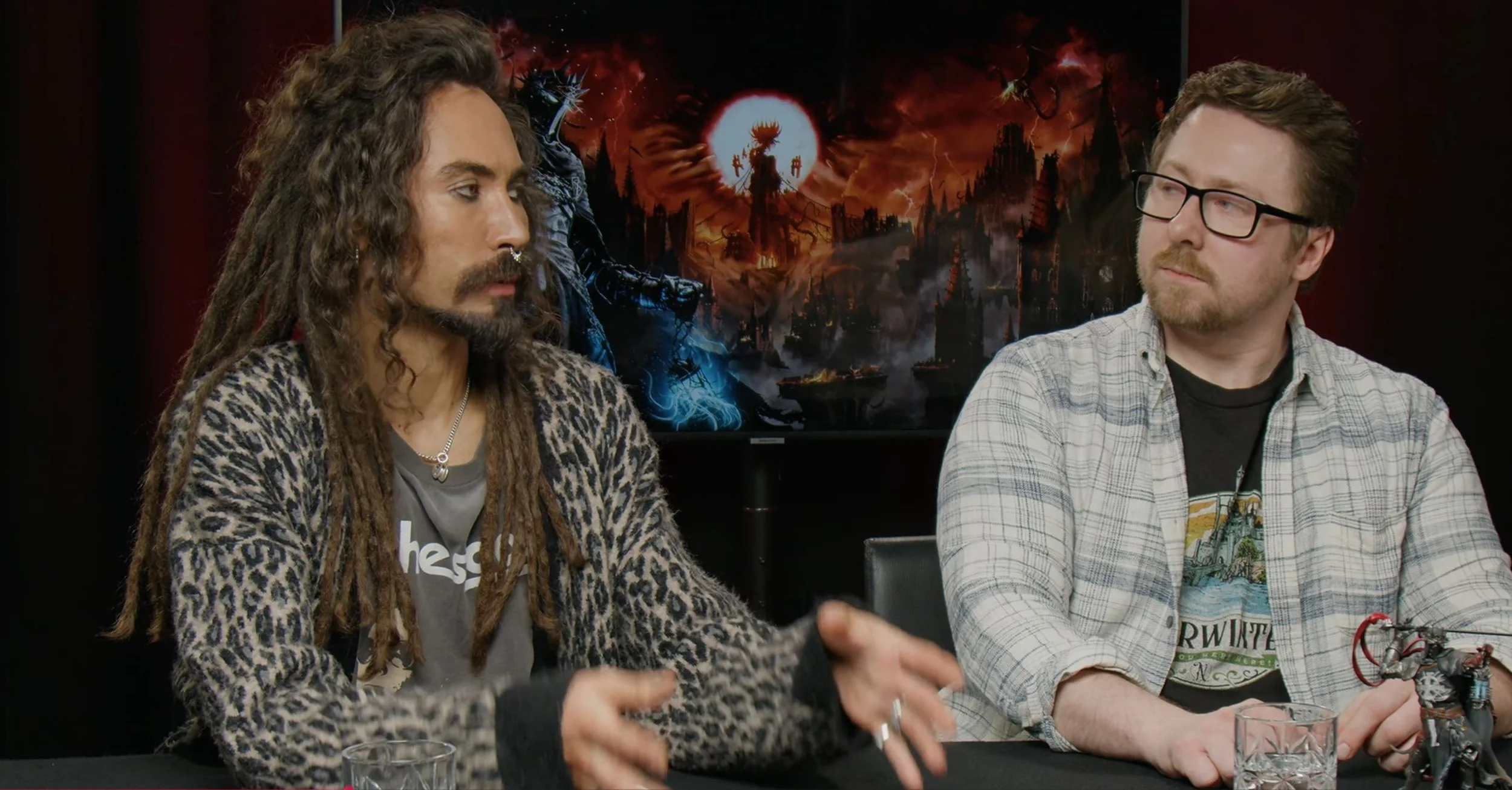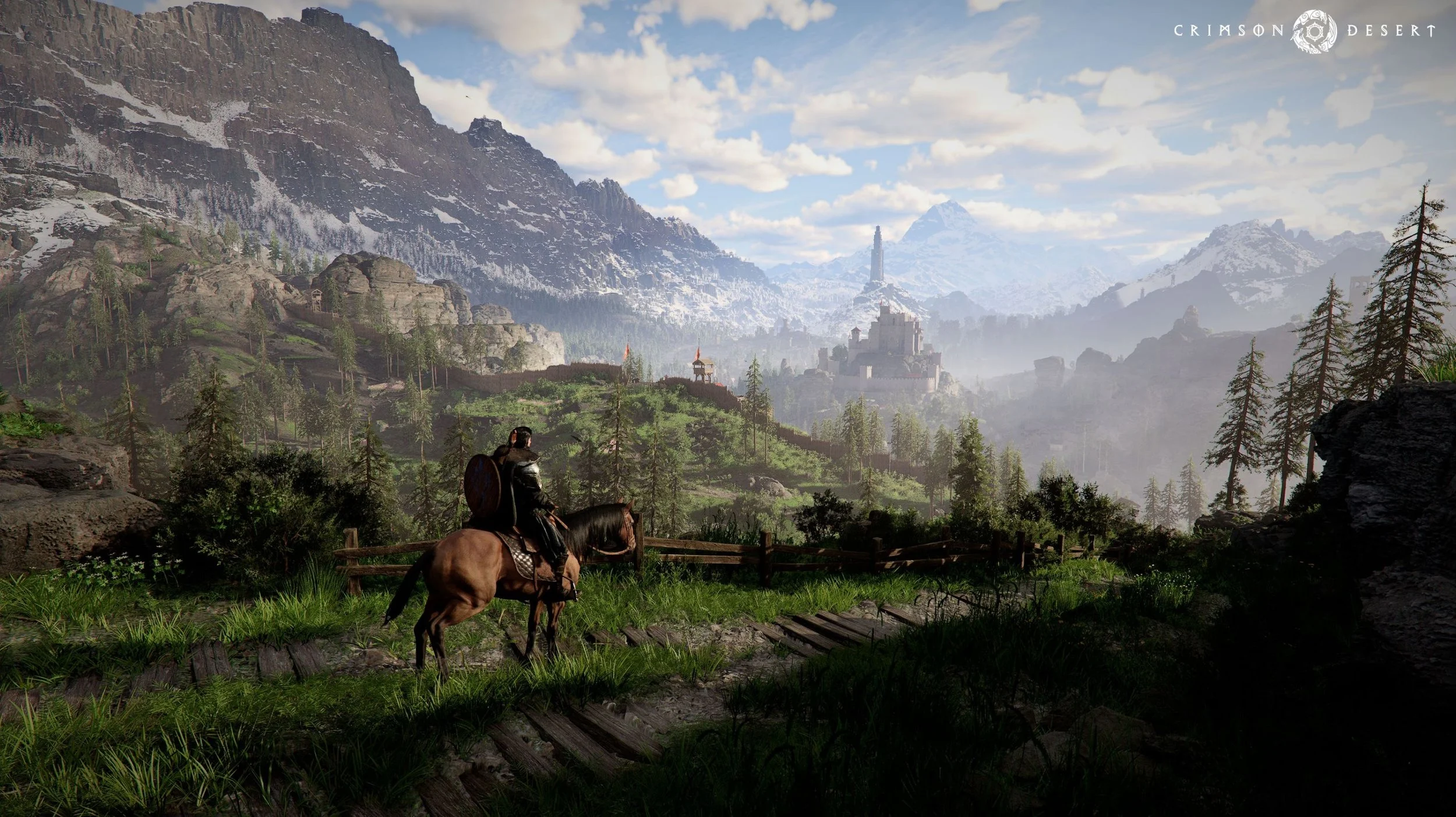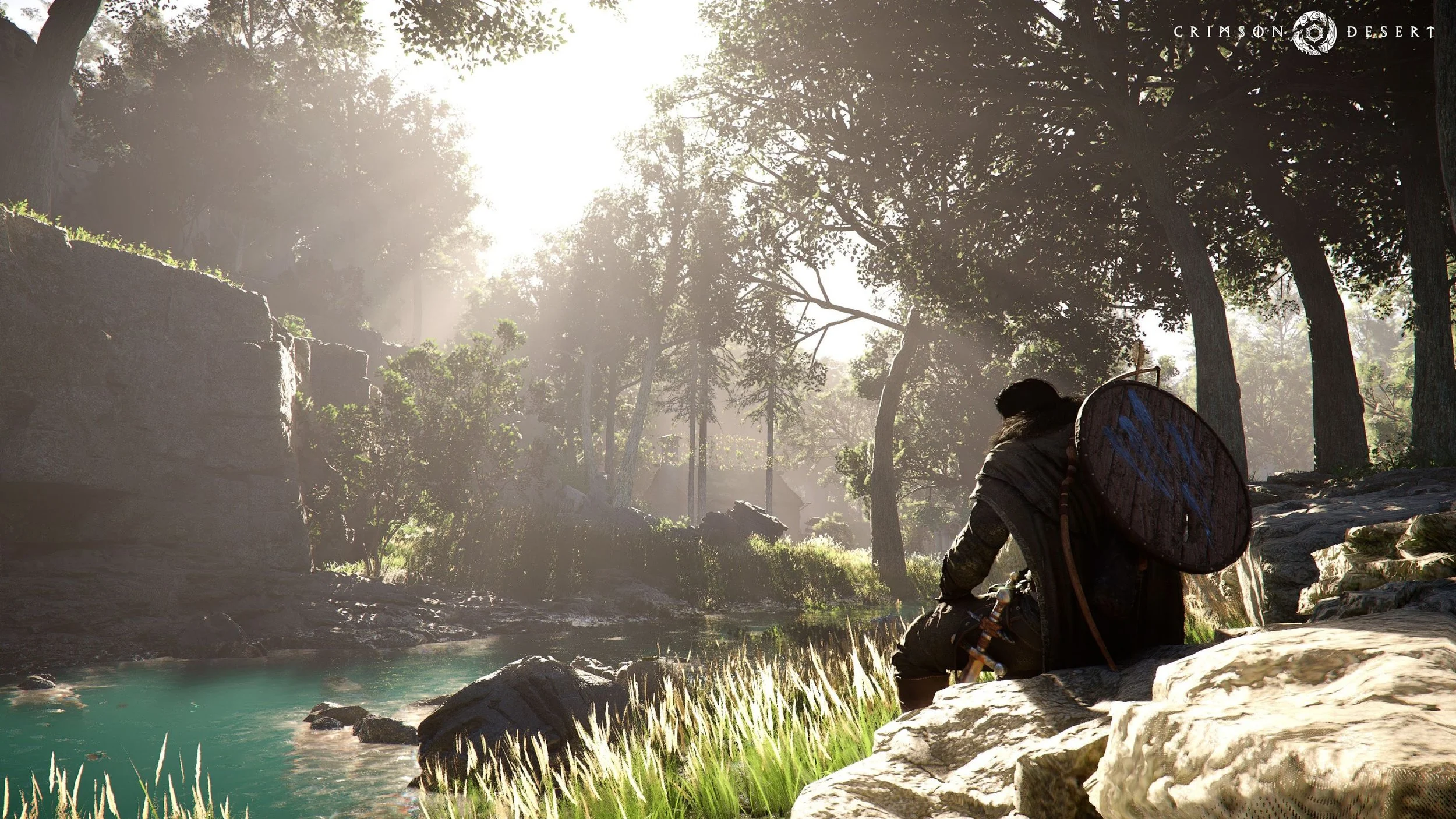PC Review Code Provided by Bethesda
The anticipated single-player experience from Tango Gameworks and Bethesda Softworks is ready to launch this week and it is going to be worth the wait! Ghostwire: Tokyo is bringing players into the city of Tokyo at one of its darkest times. Get ready to master the art of Etheral Weaving because it is going to be the main thing that will give players a chance in this action-adventure.
Story
After finding himself in a car accident, Akito soon finds himself to be possessed by a spirit who goes by the name KK. Immediately after the possession that ultimately saved his life, Akito witnesses a white fog engulf the city and make everybody it touches vanish. In the fog walks an army of spiritual aggressors who are entering the world of the living.
Thanks to his newfound connection with KK, who turns out to be a detective not ready to give up on a mission to stop Hannya - the one behind the blending of spiritual and living worlds, Akito remains the last remaining human in the city. This realization springs him to check on his sister Mari who is in the hospital. There he will learn that his sister is the key soul that Hannya needed to complete his goal.
Now he must learn to control the powers he has gained through his connection with KK, master the ability to use them in a fight, and take down those who stand in the way of saving his sister! Conveniently, this goal lines up with KK’s who is hellbent on stopping Hannya at all costs. But will they be able to stop his plans and save Mari in time? Can they even survive long enough to get to him?
Overall, the actual story missions in the game aren’t very long. If you focus on just doing the main missions, you won’t find yourself taking too long to get through the game. Luckily, or perhaps intentionally so, there is a lot of side missions, in-city tasks, and various interactions to be had throughout the game that does ultimately aid the player in the main questline.
Gameplay
When you start out the game, the only power you will have is the Wind element for your Etheral Weaving. Having just this one power is enough to show you the ropes of the type of gameplay this title will have throughout. The first mission will let you get used to the general movement, how to fight with both regular and charged attacks, how to block incoming attacks, and the other basics for the game. The only thing they don’t give a practice moment far are stealth kills, but almost everything can be one-hit killed if you manage to get close enough behind it.
Once you make progress in the game, you will end up with a bow and arrow for non-magical fighting, talisman’s that each have their own purposes, and three elements for your Etheral Weaving - Wind, Water, and Fire. Learning each of these attacks, their charged attacks use, and when to use each one will be critical to your success in this game. The main thing to keep in mind when out in the middle of the action is that you can easily refill your weaving attacks but you can only find or purchase more arrows.
The reason I say it is easier to refill your weaving attacks is that fallen enemies and destroyed corrupted inanimate objects both provide Etheral energy. Green shards refill your wind, red shards refill your fire, and blue shards refill your water. Whether you defeat the enemy by hitting it till it died, grabbing its core once it is exposed (which is hands-down the most entertaining way to kill enemies), or taking it down with your magic attacks, they will provide etheral shards.
Other than combat, you will be able to do a number of things in the city. Every dog can be fed which they will then in turn lead you to either money or a jizo statue. Some cats can be pet, but not all. You can buy food, arrows, talisman’s, and Katashiro. I would recommend purchasing upwards of thirty Katashiro as soon as possible because they are what you will use to absorb lost souls and by rescuing these souls you will earn experience that will level you up.
When you level up you will earn skill points that can be used to unlock abilities or upgrades to your powers in the skill tree. There will be points that you can no longer upgrade your powers until you have enough Magamata. You can gather Magamata by completing side missions, which I strongly recommend doing due to their unique setups. Side missions provide more lore and will send you through a series of events that are different from each other. There are some similar features in them sometimes, but a lot of times the side quest will feel fresh.
One side quest you can get pretty early on will activity a city-wide search. That is the Tanuki side quest where a little raccoon asks you to help find his Tanuki friend who is hiding in the shrine area. After you do this, they thank you and tell you that there are many more throughout the city and they hope you can find them. To those who take on this mission, good luck - I found a total of 3 so far… it’s not easy!
Shrines are a big part of the game that ultimately will give you more ground to work with. The white fog is dangerous to enter and damages you while you are in it, so you have to go to corrupt shrines and cleanse them. Most shrines are rather basic with only a couple of enemies, but there are some bigger shrines that have a lot of enemies and multiple areas to cleanse, but they give a larger radius in the city. A cleansed shrine will provide a quick reward and can be used from then on as a fast travel location.
Audio and Visual
Voice acting, music, and the various sound effects they use are all very well done. When it comes to the audio work that went into this game, I would have to say that it is impressive. However, the pure aesthetic of the game’s visual components is something else to experience. From strange, paranormal-like actions the spirit enemies cause the inanimate objects around them to do, to the illusory moments that mess with the player’s perspective, all the way down to how the game plays with visuals, such as rain going upwards and street paint lifting to float like paper, is something else entirely. Short of aiming to be more realistic and put finer detail into the quality, they did amazing work providing a unique aesthetic that fits the setting and pulls the player in for a more immersive experience.
Replayability
There is so much to do in the city outside of the main quest line that I would definitely say it has plenty of replayability! Countless side quests, plenty of collectibles to find, plus the personal improvement aspects that can be found, such as the jizo statues; there really is just so much to do. Even outside of actually doing quests, there are random events to handle and souls all of the city to be saved.
What It Could Have Done Better
While I spoke to my colleague who was given a PlayStation 5 preview code about this issue, who confirmed that it was not happening for him on console, I couldn’t help but notice that there was a bit of an input issue. There were plenty of times when I would hit the button to attack or use a health item and it just simply didn’t register until I tried it again. This is especially frustrating with the aspects that you have to hold to use, such as charged attacks. I hope it isn’t a universal PC issue and perhaps it was isolated to just my experience, but they will need to put out a patch for input lags and misses.
As I mentioned before, the actual questline to the game was rather short. There were parts of the story that felt a bit rushed as well, which I initially thought was to compensate for a larger chapter, but when it didn’t pan out that way it left that section just feeling condensed. If they make a second title, I hope they open the chapters a bit more, or perhaps just add more chapters, so they can space out the story a bit further.
Verdict
Ghostwire: Tokyo is one of the best single-player experiences I have played through! This game is truly not one to pass up on if you are looking for an action title with a good premise. The focal aspect of the game definitely comes down to the gameplay though as they give the player so much to do in the city itself than they do in the main questline. If you enjoy the gameplay itself, there are going to be plenty of hours put into this game just collecting souls, beating random events, and completing the side quests.
Ghostwire: Tokyo releases on March 25th for PC via Steam and PlayStation 5.
